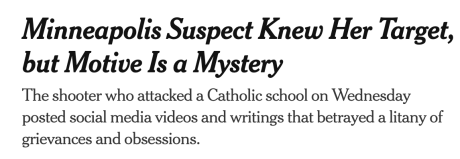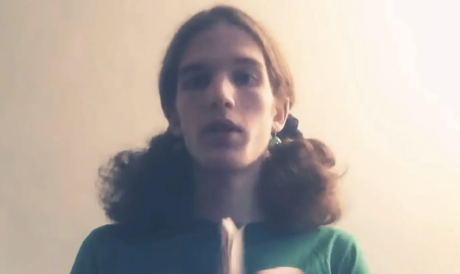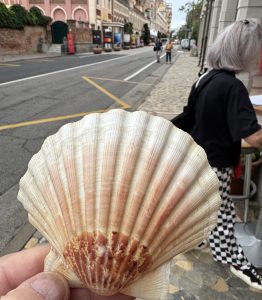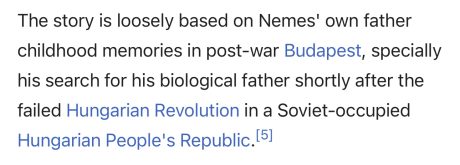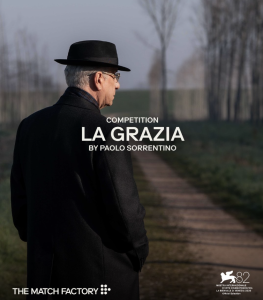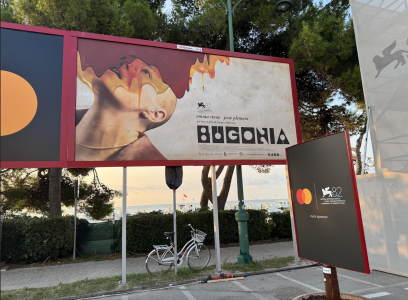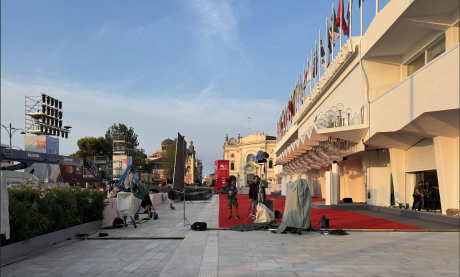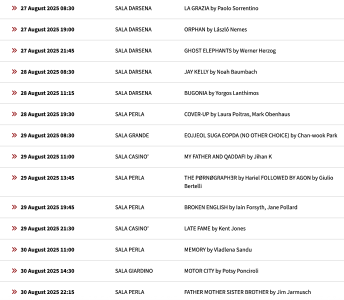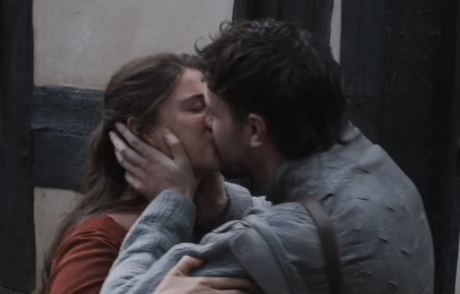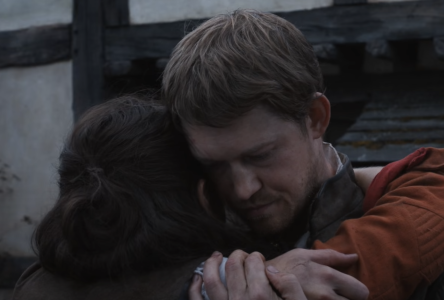Obviously an elegant lineup and here’s an affectionate hat-tip to festival chief Julie Huntsinger. But the hot exclusives (those not at Venice) basically boil down to Edward Berger‘s Ballad of a Small Player, Chloe Zhao‘s Hamnet and Scott Cooper‘s Springsteen: Deliver Me From Nowhere. Right?
• A PRIVATE LIFE (d. Rebecca Zlotowski, France, 2025)
• ASK E. JEAN (d. Ivy Meeropol, U.S., 2025)
• BALLAD OF A SMALL PLAYER (d. Edward Berger, Hong Kong/Macau, 2025)
• BLUE MOON (d. Richard Linklater, U.S./Ireland, 2025)
• BUGONIA (d. Yorgos Lanthimos, U.K., 2025)
• COVER-UP (d. Laura Poitras, Mark Obenhaus, U.S., 2025)
• EVERYWHERE MAN: THE LIVES AND TIMES OF PETER ASHER (d. Dayna Goldfine, Dan Geller, U.S./U.K., 2025)
• GHOST ELEPHANTS (d. Werner Herzog, Angola/Namibia/U.S., 2025)
• H IS FOR HAWK (d. Philippa Lowthorpe, U.K./U.S., 2025)
• HAMLET (d. Aneil Karia, U.K., 2025)
• HAMNET (d. Chloé Zhao, U.K., 2025)
• HIGHWAY 99 A DOUBLE ALBUM (d. Ethan Hawke, U.S., 2025)
• IF I HAD LEGS I’D KICK YOU (d. Mary Bronstein, U.S., 2025)
• IT WAS JUST AN ACCIDENT (d. Jafar Panahi, Iran/France/Luxembourg, 2025)
• JAY KELLY (d. Noah Baumbach, Italy/U.K./U.S., 2025)
• KARL (d. Nick Hooker, U.K., 2025)
• LA GRAZIA (d. Paolo Sorrentino, Italy, 2025)
• LOST IN THE JUNGLE (d. Chai Vasarhelyi, Jimmy Chin, Juan Camilo Cruz, U.S./Colombia, 2025)
• LUMIÈRE, LE CINÉMA (d. Thierry Frémaux, France, 2024)
• MAN ON THE RUN (d. Morgan Neville, U.S., 2025)
• NOUVELLE VAGUE (d. Richard Linklater, France, 2025)
• PILLION (d. Harry Lighton, U.K., 2025)
• SENTIMENTAL VALUE (d. Joachim Trier, Norway/France/Denmark/Germany, 2025)
• SHIFTY (d. Adam Curtis, U.K., 2025)
• SPRINGSTEEN: DELIVER ME FROM NOWHERE (d. Scott Cooper, U.S., 2025)
• SUMMER TOUR (d. Mischa Richter, U.S., 2025)
• THE AMERICAN REVOLUTION (d. Ken Burns, Sarah Botstein, David Schmidt, U.S., 2025)
• THE BEND IN THE RIVER (d. Robb Moss, U.S., 2025)
• THE CYCLE OF LOVE (d. Orlando von Einsiedel, U.K./India/Sweden, 2025)
• THE HISTORY OF SOUND (d. Oliver Hermanus, U.S., 2025)
• THE MASTERMIND (d. Kelly Reichardt, U.S., 2025)
• THE NEW YORKER AT 100 (d. Marshall Curry, U.S., 2025)
• THE RESERVE (d. Pablo Pérez Lombardini, Mexico/Qatar, 2025)
• THE SECRET AGENT (d. Kleber Mendonça Filho, Brazil/France/Netherlands/Germany, 2025)
• THIS IS NOT A DRILL (d. Oren Jacoby, U.S., 2025)
• TUNER (d. Daniel Roher, U.S./Canada, 2025)
• URCHIN (d. Harris Dickinson, U.K., 2025)

